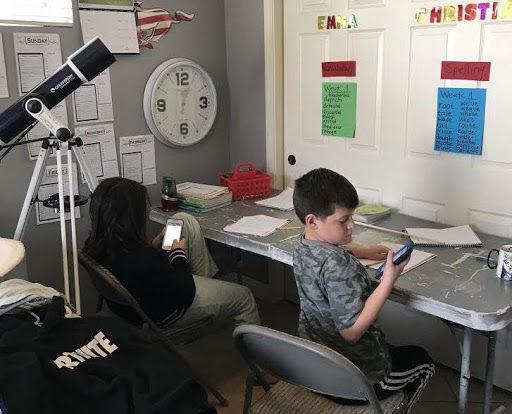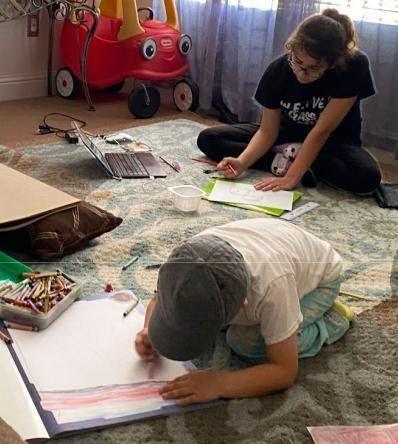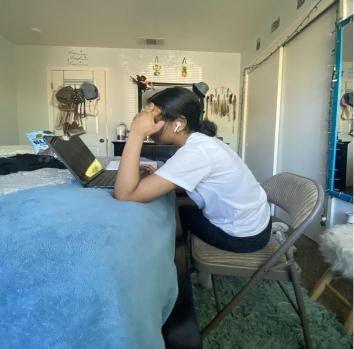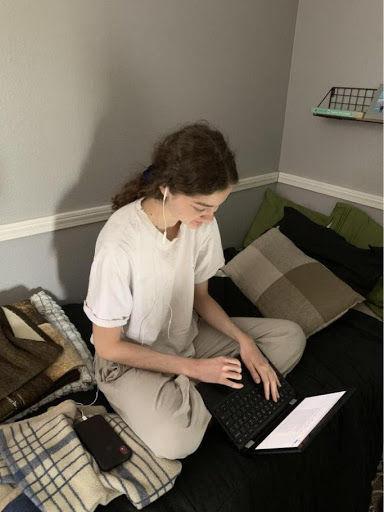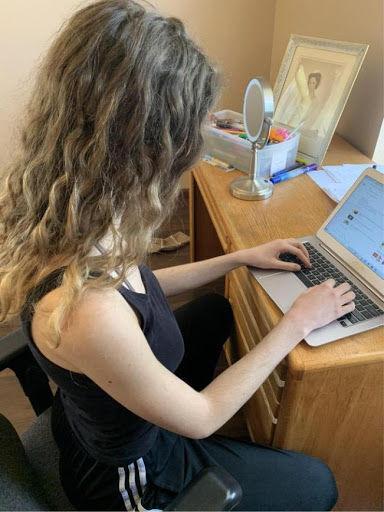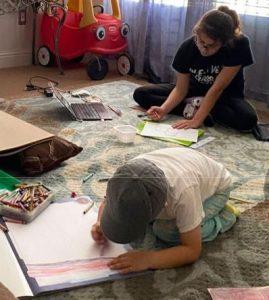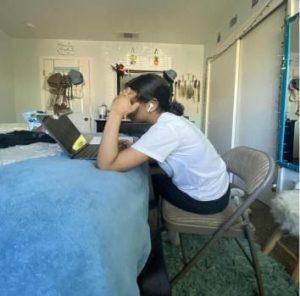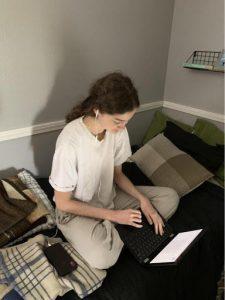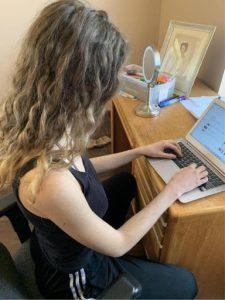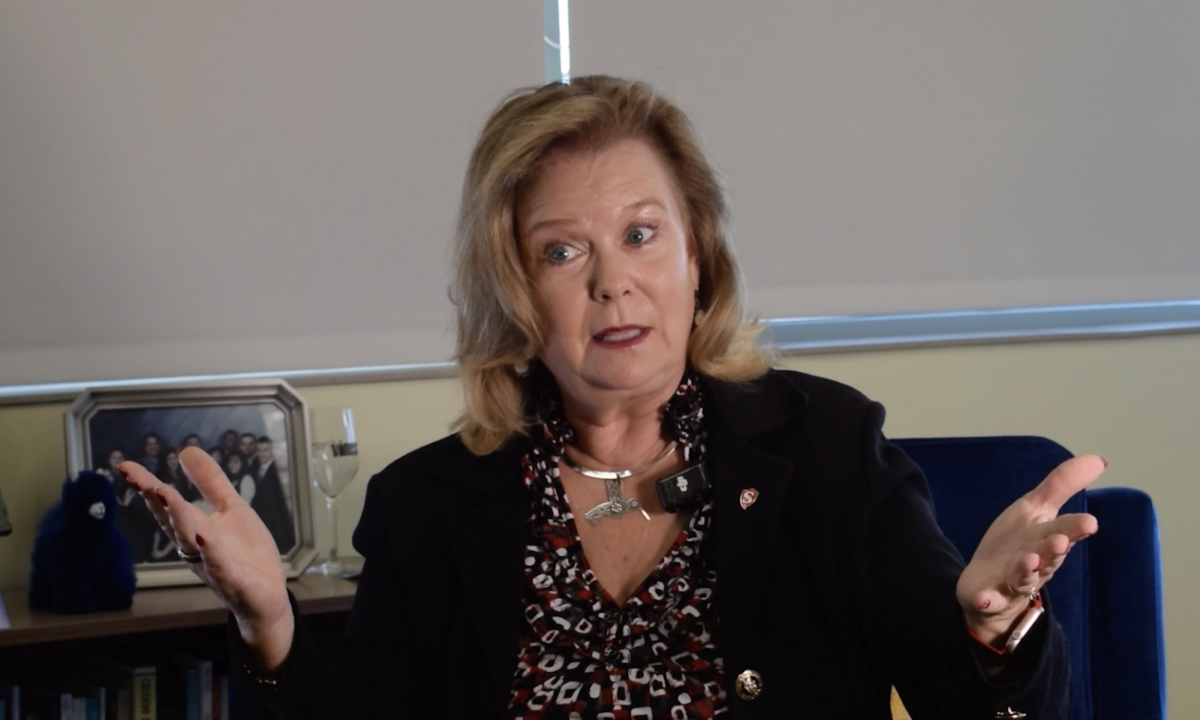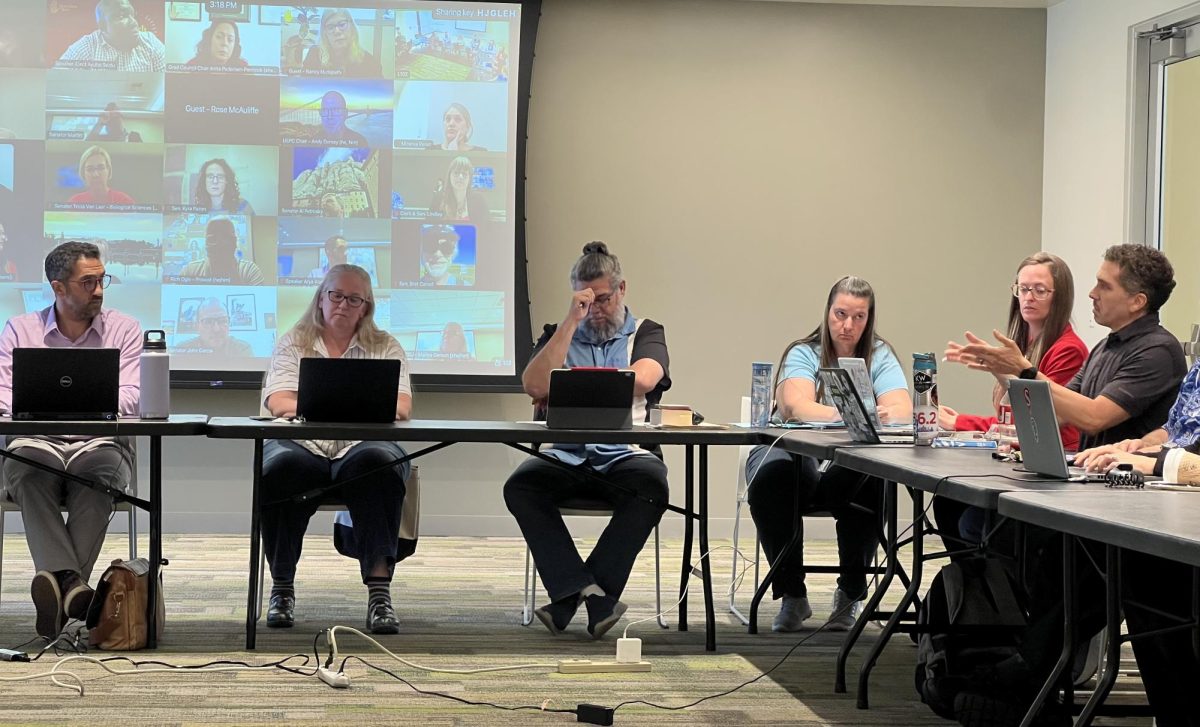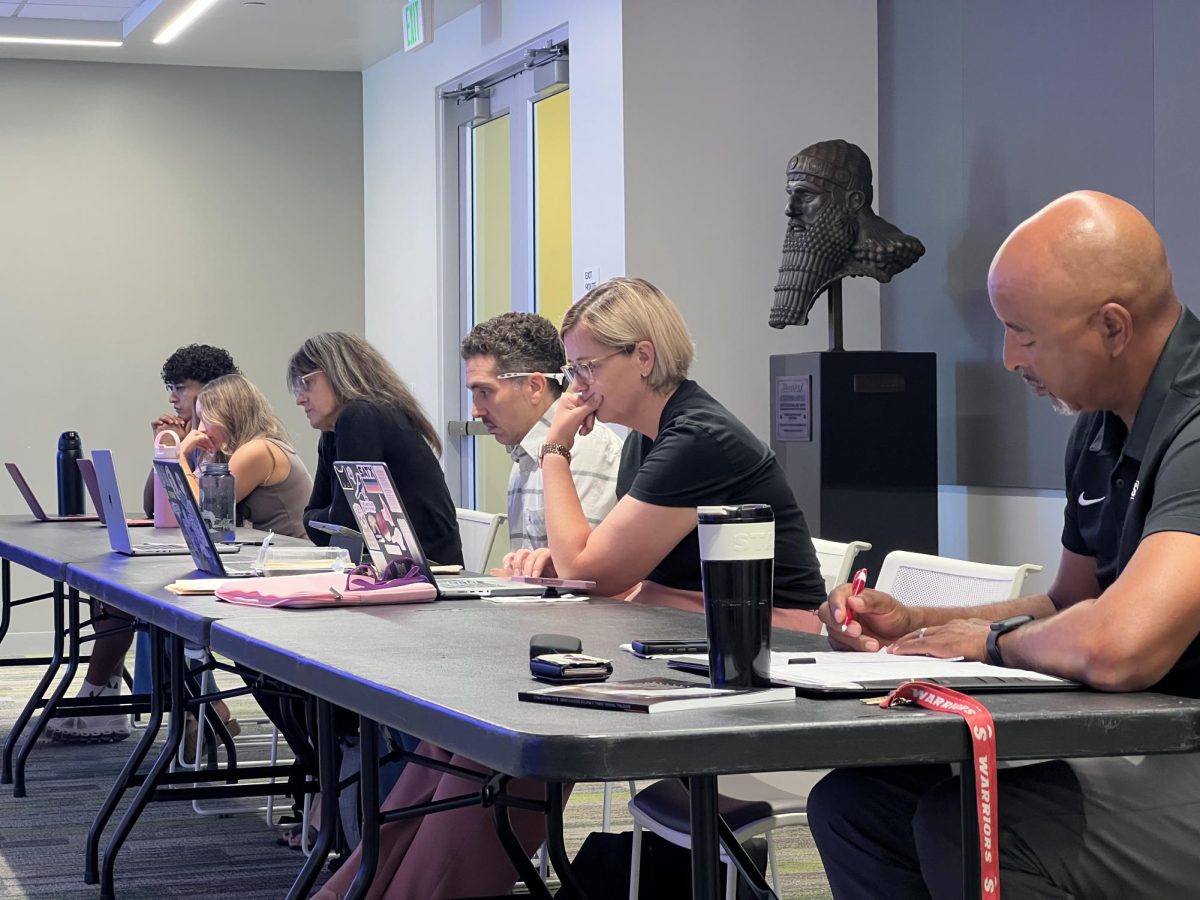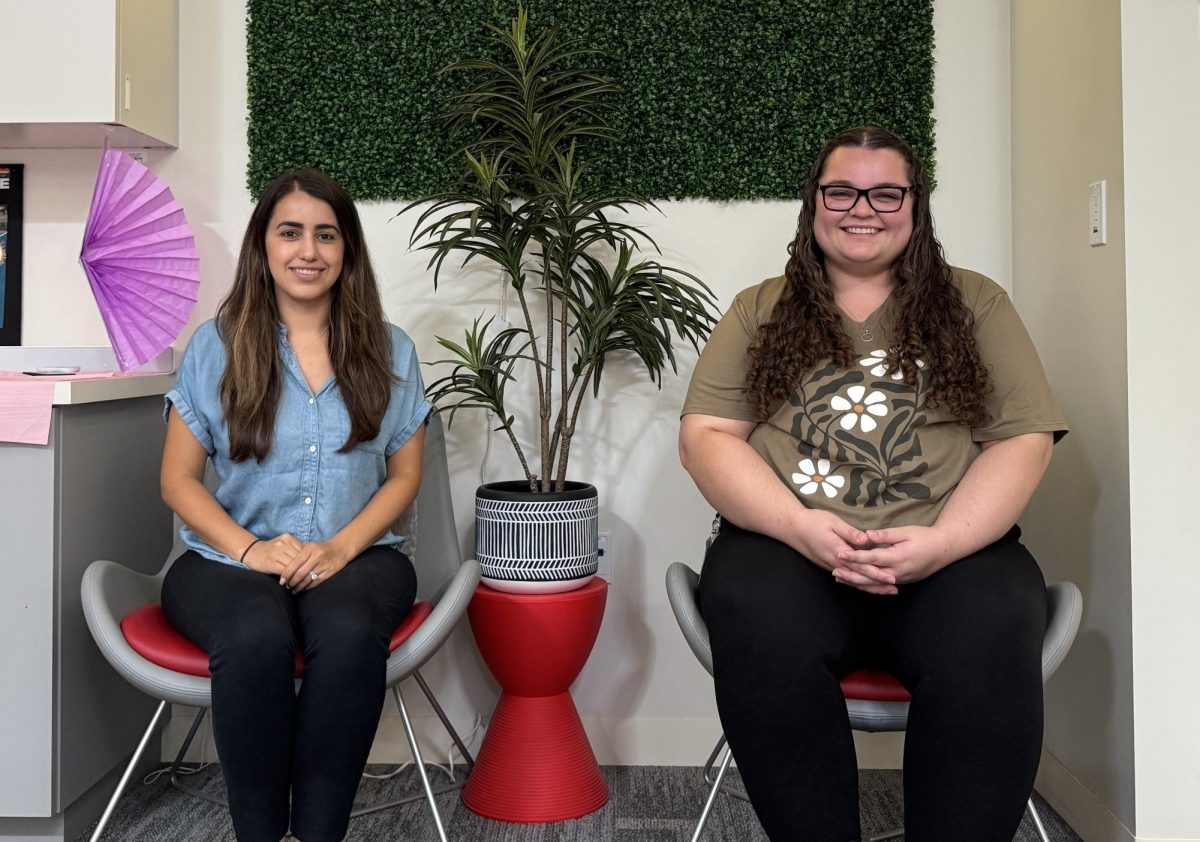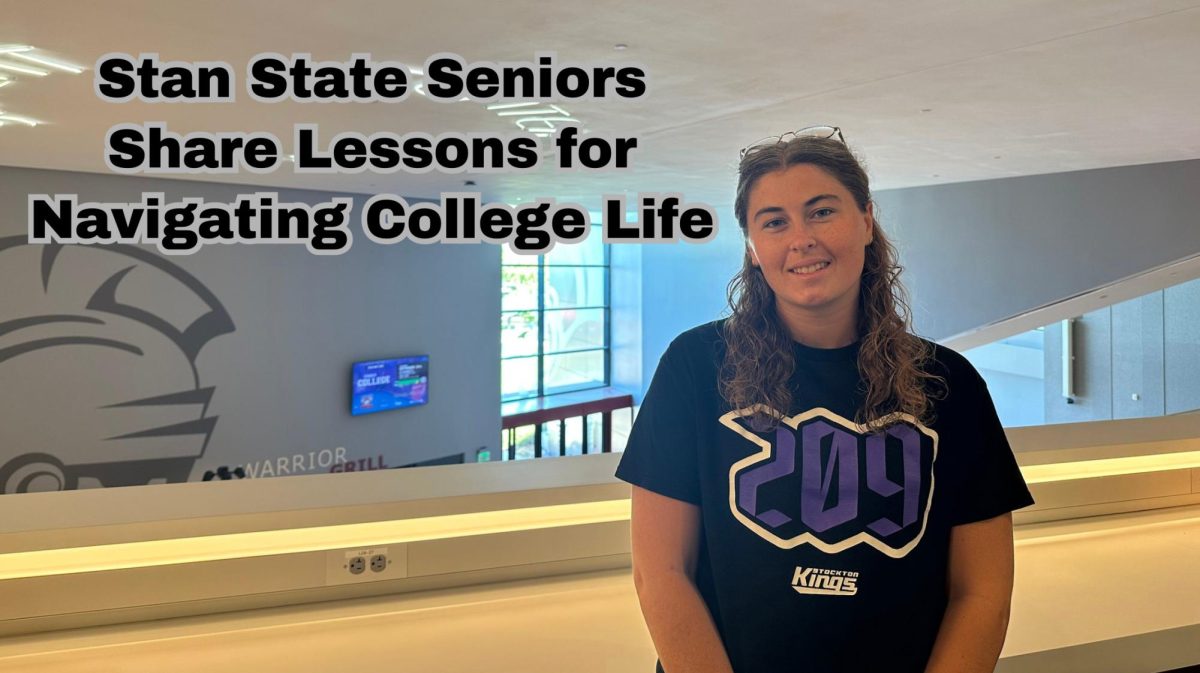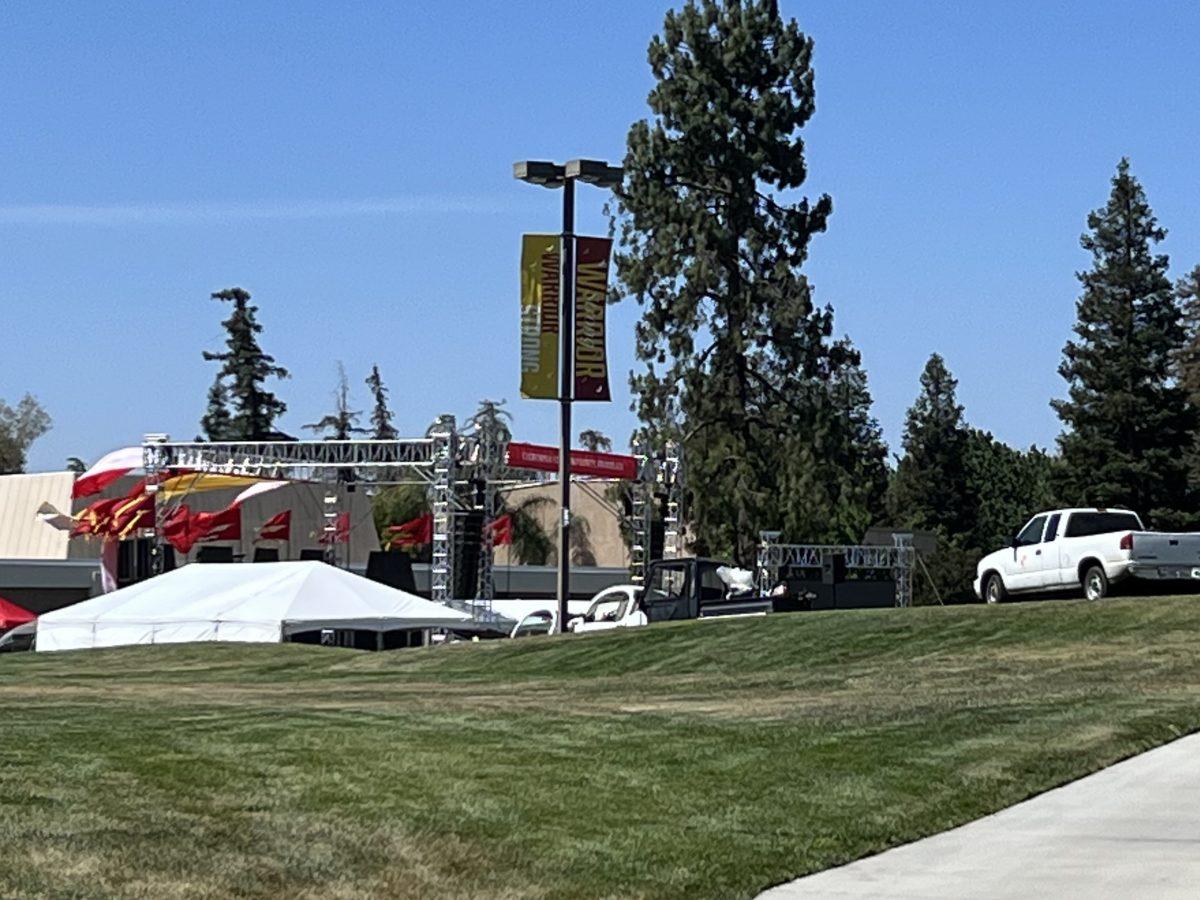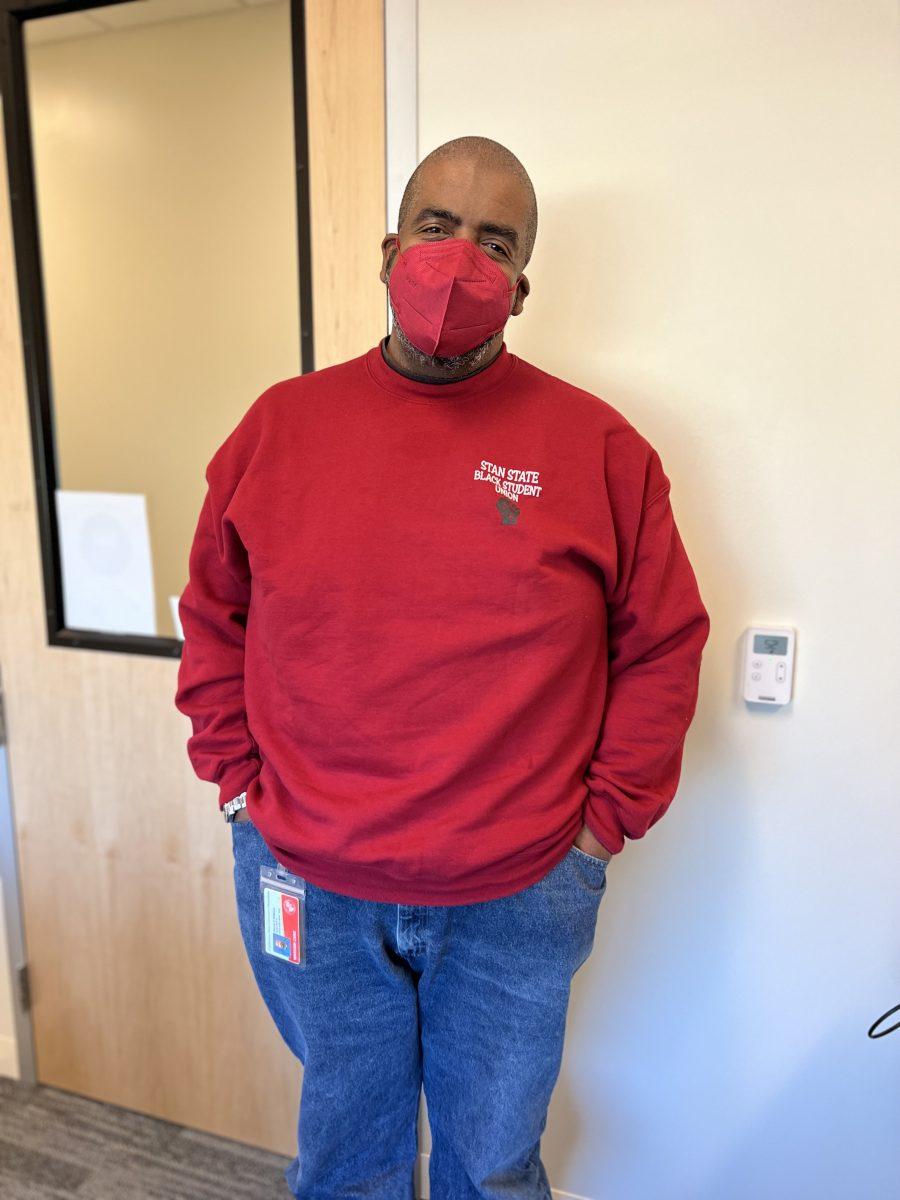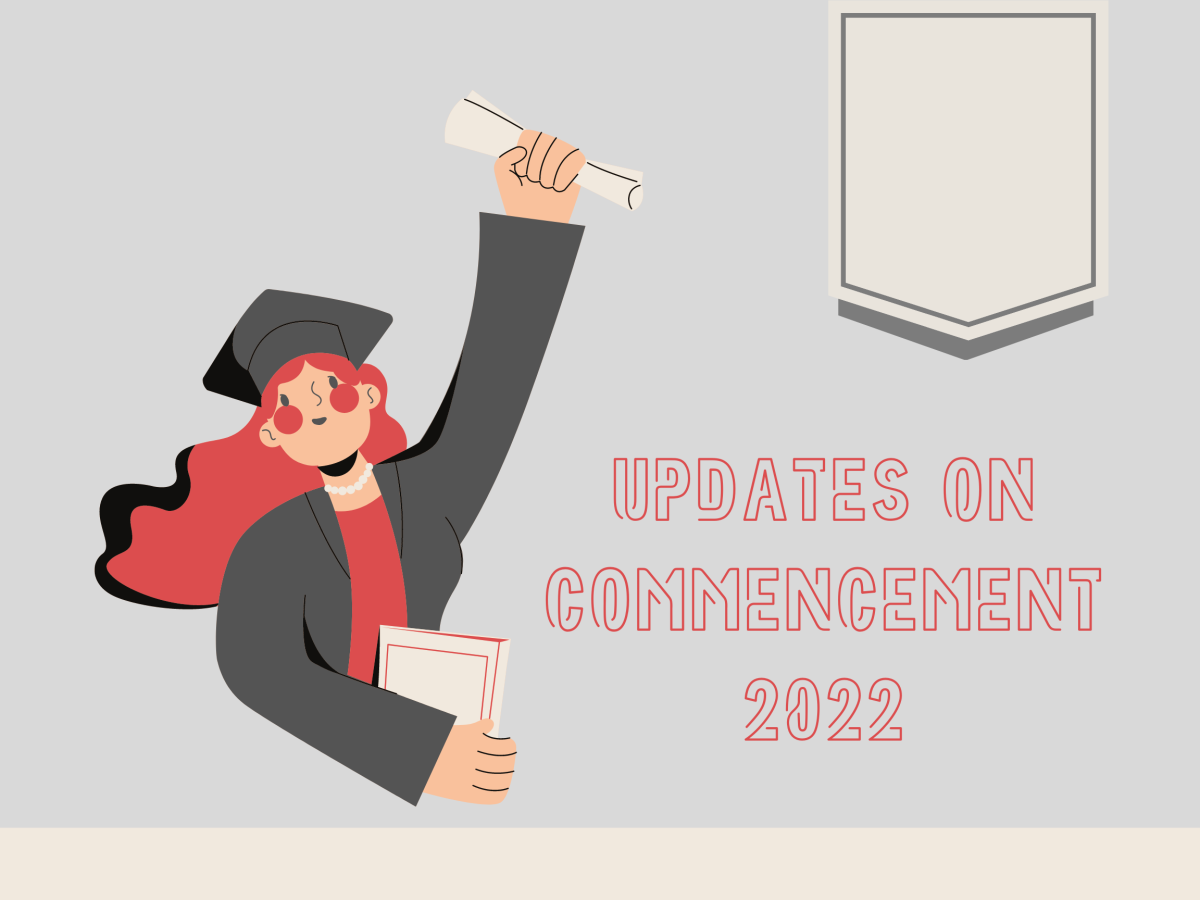At the beginning of 2020, students were preparing for the second half of the 2020 academic school year. These preparations included buying notebooks to take notes in a full classroom, walking around campus, and interacting with friends and acquaintances. The semester started like any other, but when coronavirus hit, lives were flipped upside down.
The COVID-19 pandemic has forced schools across the nation to transition to virtual instruction. On top of learning online, commencement ceremonies, school events, and trips have been held virtually, postponed, or even cancelled.
There are many people who prefer not to learn online for a variety of reasons, but whether they like it or not, it’s now something that they just have to do. Students of all ages and grade levels have shared their experiences of trying to learn and participate in activities from their homes.
Elementary Students
Fourth graders Christian and Emma Silva spoke about their transition to online learning.
“My online schooling is something new, and it took me a while to get used to,” Christian explains. “It is weird because I am used to going into in-person school every morning, and now I wake up and go to the kitchen table every morning.”
Christian elaborated on some of the pros and cons of learning from his kitchen table. “Sometimes, I wish I could just go back to regular school, but it is a little more relaxing having it online. It is just hard because, when I have questions, I can’t just go and ask my teacher. I have to figure it out myself.”
Emma has a slightly different view on the situation, as she is very against virtual instruction. “I do not like online school because it is hard. I wish I could go back to regular school,” she says.
Their mother, Rhonda Silva, has encountered some struggles when parenting under these unfamiliar circumstances. “As a parent, it is stressful to make sure my children have all the necessities to do school at home… Trying to make sure they keep a schedule is hard because they do not want to keep up.”
For those who are a bit younger, the simple things are missed. “I miss my friends, and I miss Target to see toys” says Cesar Esparza, Farmdale Elementary kindergartener.
High School Students
The transition to virtual learning was a surprise for many high schoolers, as well.
“I was shocked, and I recalled my last few days of school where a teacher said we may not come back for the rest of the school year,” says Zulema Esparza, Cesar’s older sister and Golden Valley High School freshman. “I felt really upset. When the day came for when my [school] concert should have been… I was at home just staying in my sweats and watching TV.”
Golden Valley High School junior Vanessa Pulido explained that she was disappointed that she wouldn’t be able to finish her junior year surrounded by her friends.
Although students of all grades are upset about not finishing the school year in person and with their friends, it was especially heartbreaking for graduating seniors.
“When I heard that the school was going to close, I thought about my graduation,” says Golden Valley senior Daisy Ruiz. “Being a senior, you have many activities [like] senior interviews and the seal of biliteracy ceremony… everything got canceled, even prom and trips,” Ruiz continued.
These major change of plans and expectations have changed they way students are feeling and the work they are putting in.
“I probably won’t be able to do the assignments as fast as I would because I won’t have a teacher to be there with me to help me,” says Noemy Alcaraz, Golden Valley High School senior. “Being stuck at home all day kinda gets frustrating,” says Alcarcaz.
“It has been tough for me to keep up with this online school since I had never had this in the past,” says sophomore high schooler Isabel Segura.
Seeing people in real life and being able to socialize in person is another huge part of the school experience for several people, including Segura. Segura explains that being able to interact with her friends at school was a huge help for her mental health.
College Students
Remote learning has meant that college students now have moved away from school and are trying to stay focused and motivated to complete their work in varying home environments. “This strategy has its ups and downs,” said Macie Ericksen, a junior at UC Santa Barbra. “It allows me to go at my own pace, and I have all the materials online so that I don’t have the issue of when I would zone out in class and miss half the content before.”
Ericksen states that the downside to online learning is that she doesn’t like staring at a screen all day, so she loses motivation. This lack of motivation is something that seems to be plaguing students everywhere as they are finding that trying to finish their schoolwork has become increasingly more difficult.
Before coronavirus, students had to try and manage their time by making sure that all of their activities fit. Juggling things like school, work, extracurricular activities such as clubs and internships, and a social life made it so that schedules had to be organized sometimes down to the minute and there never seemed to be enough time in the day.
The lack of time that students had before now seems like a blessing. Students are now dealing with an abundance of time that is leaving them with that lack of focus and motivation. Morgan Ericksen, a junior at UC Irvine states, “I would be stuck in my bed and unmotivated because I was too stressed out about my classes. Work would be the thing that forced me to get out of bed and start moving.”
Another aspect of college life that helped motivate students to finish their work was the college campus community and the friends that were all going through the same thing. Because many students have had to move home, they have been stripped of this sense of community that and have been left feeling lonely and discouraged.
“I am terrible at maintaining friendships online, so while we try to communicate every so often, a lot of my friendships have kind of dried up. I will go back to college and the friendships will return to normal, but for now, I’m not talking to basically anyone,” says Ericksen.
Stan State student Vanessa Torres (senior, Social Sciences) has had more luck with communicating with people virtually. “Ways I have been social distancing have been on FaceTime with friends, activities at home to keep me busy, and online games,” Torres said.
As a senior, Torres spoke about how the pandemic has changed her plans and expectations for her last year of college.
“Since the beginning of the semester I was the most excited to finally achieve my goal in life and graduate. Now, we won’t know when we will have our celebration and receive our diploma in person,” Torres explained.
This disruption to life as we knew it before has also caused many to have a decline in their mental health. For some people, not being able to live life in the way they were before has caused them to feel caged. Kaleigh Mills, who is in her last semester at Merced College, lives with her family who is now together all day, every day. “I feel like someone is hovering over me all the time which gives me anxiety,” Mills explained.
Like Segura, Mills found in-person interactions to be very beneficial.
One thing that helps Mills cope is “writing in a journal. That’s really been helping with my attitude and helping me cope with being around people 24/7.”
For many people, the coronavirus is simply a bump in the road. For others, it is a major break from a normal, reliable, daily routine. It does not matter who you are or where you are, the coronavirus is impacting us all and they way we do things, including learning.

